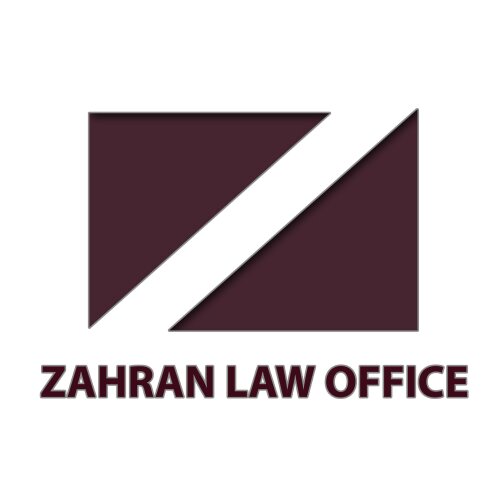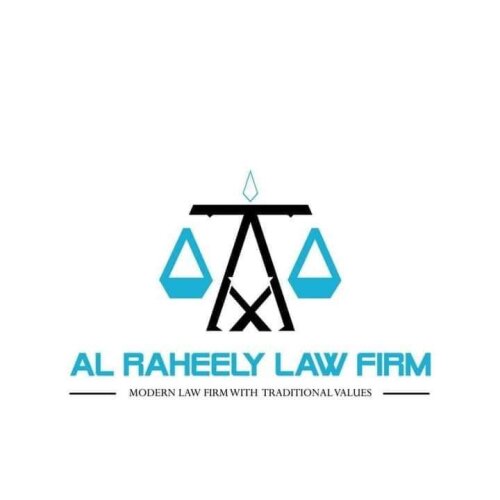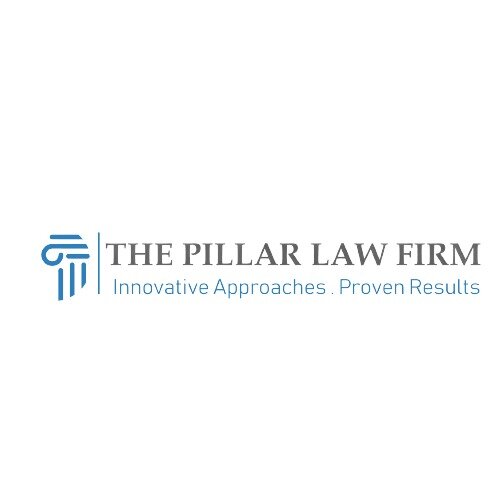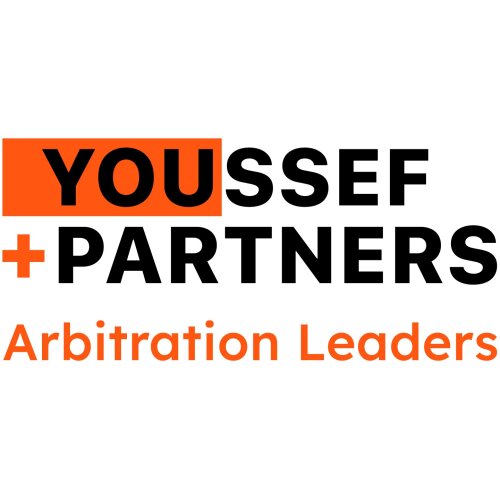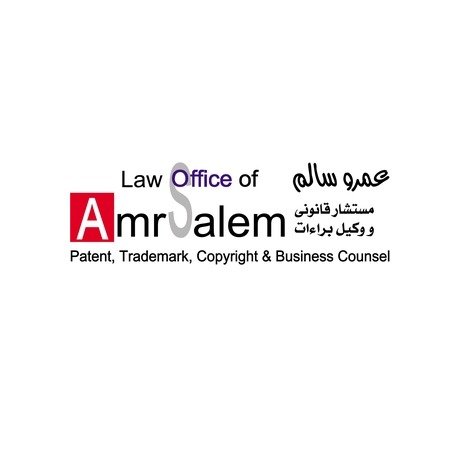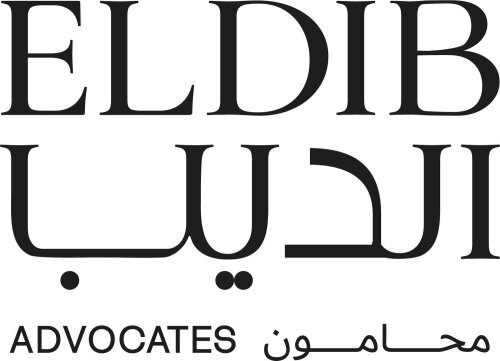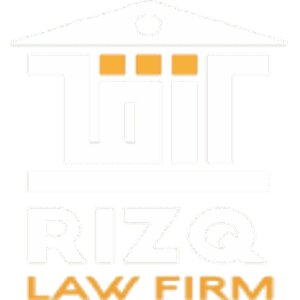Best Water Law Lawyers in Egypt
Share your needs with us, get contacted by law firms.
Free. Takes 2 min.
Or refine your search by selecting a city:
List of the best lawyers in Egypt
About Water Law in Egypt
Water Law in Egypt refers to the system of legal rules and regulations governing the use, management, protection, and distribution of water resources within the country. Given Egypt’s geographical location, climate, and reliance on the Nile River as the primary source of freshwater, Water Law plays a crucial role in ensuring the equitable and sustainable allocation of water for agriculture, domestic use, industry, and environmental preservation. Water Law in Egypt encompasses various statutes, executive regulations, and administrative acts, including the main Water Resources Law (Law No. 12 of 1984) and its amendments, alongside environmental protection laws and decrees concerning irrigation, drainage, and the prevention of water pollution.
Why You May Need a Lawyer
There are several situations where individuals, businesses, and organizations may require legal assistance in the area of Water Law in Egypt. Some common scenarios include:
- Disputes regarding water rights or access, especially among landowners, farmers, or industrial entities
- Challenges in obtaining permits for the use of water resources, irrigation, or wastewater discharge
- Compliance concerns when dealing with regulatory authorities or facing inspections
- Addressing allegations of water pollution or contamination and managing related liability
- Engaging in negotiations or contracts related to water use, transfer, or infrastructure development
- Understanding the impact of new laws, policies, or projects (like dams or irrigation networks) on personal or business interests
- Participating in community or governmental water management schemes
Navigating these situations often requires specialized legal expertise, as Water Law intersects with land use, environmental law, administrative law, and civil rights.
Local Laws Overview
Egypt’s Water Law framework is primarily rooted in Law No. 12 of 1984 concerning Irrigation and Drainage and its executive regulations. This law governs the ownership, management, and allocation of surface and groundwater, the maintenance of irrigation and drainage networks, and the role of governmental bodies. Key aspects include:
- The Nile River and its branches are considered public property and are managed by the government for the benefit of society
- The Ministry of Water Resources and Irrigation is the central authority overseeing water management, permits, and enforcement activities
- Permits are required for drilling wells, using irrigation water, or discharging wastewater into public waterways
- Landowners with adjacent access to irrigation canals must comply with usage rules to ensure fair allocation downstream
- Water user associations and collective management are encouraged, especially in rural areas
- The law strictly prohibits pollution or unauthorized construction that may negatively impact water quality or flow
- Violations can result in administrative penalties, fines, and, in some cases, criminal charges
- International agreements concerning the Nile and shared waters further shape Egypt’s legal framework for water use
Understanding these laws and how they apply in practice is essential for anyone dealing with water-related matters in Egypt.
Frequently Asked Questions
What is the main law governing water resources in Egypt?
The primary law is Law No. 12 of 1984 on Irrigation and Drainage, which regulates the management, usage, and protection of water resources, along with its executive regulations and several related statutes on environmental protection and public utilities.
Who owns water resources in Egypt?
All surface and groundwater resources, including the Nile, are considered public property and are managed by the government for the collective benefit of society. Individuals and businesses are granted access and use rights through permits and licenses.
Do I need a permit to use water for agricultural purposes?
Yes, permits are generally required for significant water usage, especially for irrigation, groundwater extraction, or constructing wells and canals. Small-scale farming may fall under specific rules, but consultation with authorities is always recommended.
How are water disputes resolved?
Most water-related disputes are initially handled by local water authorities or administrative officials. If unresolved, these disputes can be referred to administrative courts or civil courts, depending on the nature of the issue.
What are the penalties for polluting water sources?
Penalties can range from administrative fines to criminal prosecution, including imprisonment for serious cases of willful pollution or repeated violations. The exact penalty depends on the severity and impact of the pollution.
Can private individuals own wells or use groundwater?
Private ownership of wells is permitted under license from the Ministry of Water Resources and Irrigation. All extraction and use must comply with national standards, and unauthorized wells may be subject to closure and legal penalties.
Are there laws about sharing water between communities or farms?
Yes, Water User Associations (WUAs) are encouraged under Egyptian law, especially for managing shared irrigation networks. Rules exist to ensure fair allocation and conflict resolution among users.
Is it legal to build structures on the banks of the Nile or other waterways?
Construction within a regulated buffer zone around public waterways is strictly controlled and usually requires prior approval from relevant authorities. Unauthorized construction can lead to demolition orders and fines.
How is industrial water use regulated?
Industrial entities must obtain licenses to draw water from public sources or discharge effluents. They must also comply with environmental standards to prevent pollution and may be subject to regular inspections.
What should I do if my water use application is denied?
If an application for a water use permit is denied, you may request a review, provide further documentation, or appeal the decision through administrative procedures or the courts. Legal assistance is often helpful in such cases.
Additional Resources
Those seeking more information or legal support regarding Water Law in Egypt may find the following resources useful:
- Ministry of Water Resources and Irrigation - the primary governmental body for water policy, permits, and compliance
- Egyptian Environmental Affairs Agency (EEAA) - monitors environmental compliance and water quality regulations
- Local Water User Associations or Irrigation Departments - useful for practical guidance on water access and conflict resolution
- Bar Association or legal aid societies - for referrals to qualified lawyers specializing in water and environmental law
- Universities and research centers specializing in water policy and management
Next Steps
If you need legal assistance relating to Water Law in Egypt, consider the following steps:
- Clearly identify your issue or concern, such as access to water, disputes, permits, or compliance problems
- Gather any relevant documents, permits, property deeds, notices, or correspondence
- Consult with the relevant governmental authority to understand the administrative requirements or processes
- Seek a consultation with a lawyer who specializes in Water Law or environmental issues to evaluate your options
- Follow legal guidance for submitting applications, appeals, or responding to enforcement actions
- Stay informed about your rights and obligations by referencing up-to-date laws and official publications
Taking early legal advice can help avoid more serious disputes and ensure compliance with Egypt’s Water Law regime.
Lawzana helps you find the best lawyers and law firms in Egypt through a curated and pre-screened list of qualified legal professionals. Our platform offers rankings and detailed profiles of attorneys and law firms, allowing you to compare based on practice areas, including Water Law, experience, and client feedback.
Each profile includes a description of the firm's areas of practice, client reviews, team members and partners, year of establishment, spoken languages, office locations, contact information, social media presence, and any published articles or resources. Most firms on our platform speak English and are experienced in both local and international legal matters.
Get a quote from top-rated law firms in Egypt — quickly, securely, and without unnecessary hassle.
Disclaimer:
The information provided on this page is for general informational purposes only and does not constitute legal advice. While we strive to ensure the accuracy and relevance of the content, legal information may change over time, and interpretations of the law can vary. You should always consult with a qualified legal professional for advice specific to your situation.
We disclaim all liability for actions taken or not taken based on the content of this page. If you believe any information is incorrect or outdated, please contact us, and we will review and update it where appropriate.
Browse water law law firms by city in Egypt
Refine your search by selecting a city.



